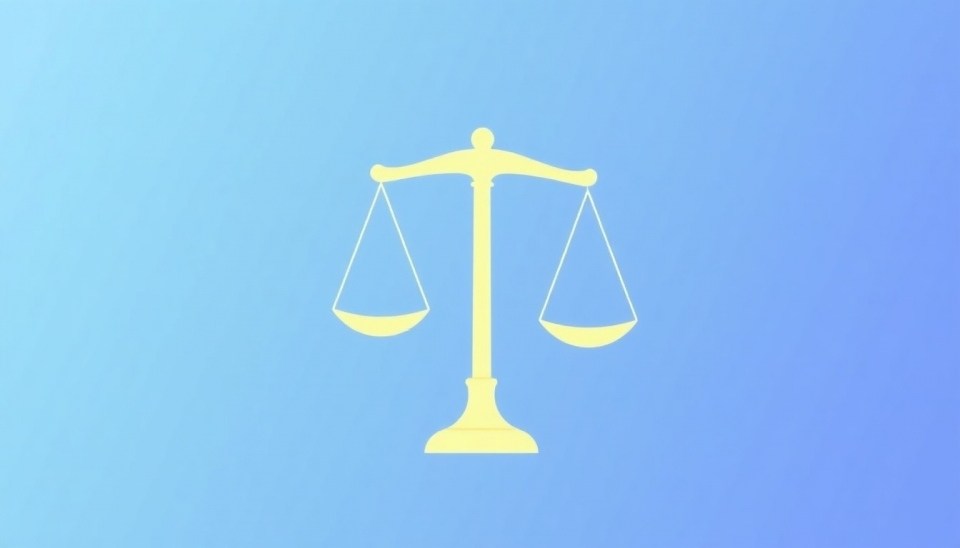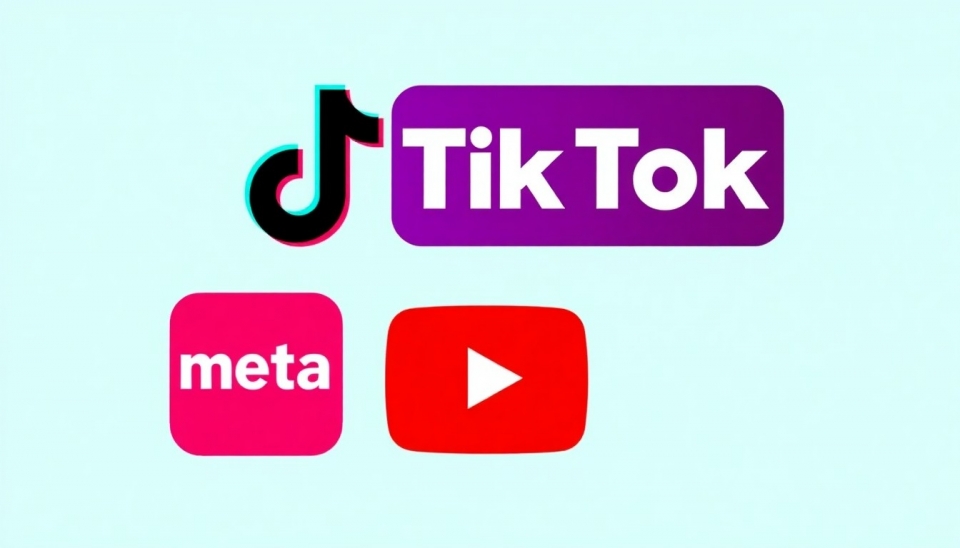
In a significant shift towards reevaluating its content moderation strategies, Meta Platforms Inc. has decided to reduce the number of fact-checkers responsible for monitoring the accuracy of information across its platforms. This decision comes after an intense backlash that suggested the company’s approaches to regulating content may have overreached, leading to claims of censorship and bias.
The move is seen as a response to mounting criticism from various stakeholders, including users, policymakers, and the fact-checking community itself. Many have voiced concerns that the stringent measures enforced were not only stifling free expression but also limiting the exchange of diverse ideas and perspectives on its platforms like Facebook and Instagram.
Meta has faced increasing scrutiny regarding its policies in the wake of rising political tensions and social movements across the globe. Critics argue that the company's aggressive fact-checking initiatives, aimed at combating misinformation, may have inadvertently led to the suppression of legitimate discourse. As a result, this has prompted Meta to reevaluate and recalibrate how it manages content.
The recent cuts to the fact-checker network indicate a shift in the company's strategy as it seeks to balance the need for accurate information with the necessity of preserving an open platform for discussion. Sources familiar with the restructuring reveal that Meta is looking to create a more flexible environment where information can flow without excessive intervention, positioning itself to better adapt to changes in user behavior and societal expectations.
Despite these changes, Meta has reaffirmed its commitment to fighting misinformation. The company plans to implement an updated methodology that may involve collaboration with a more diverse range of fact-checkers and a finer focus on ensuring transparency in its moderation practices. This approach aims to retain credibility while responding to the criticism of having previously adopted a one-size-fits-all strategy.
As social media continues to evolve, Meta’s decisions will likely set precedents not only within its platforms but also across the broader landscape of digital communication. The alterations in its fact-checking approach may influence how misinformation is managed in the future, impacting users and policymakers alike.
The progression of this situation remains to be seen, but it signals a pivotal moment as Meta navigates the complex and often contentious waters of digital content moderation. With the ongoing debates surrounding free speech and misinformation, many stakeholders will be watching closely to see how Meta balances these competing interests in the coming months.
As the landscape of information continues to shift, one thing is for certain: the conversation around content moderation, misinformation, and user rights is far from over.
#Meta #ContentModeration #FactCheckers #Misinformation #SocialMedia #Censorship #UserRights
Author: Emily Collins




